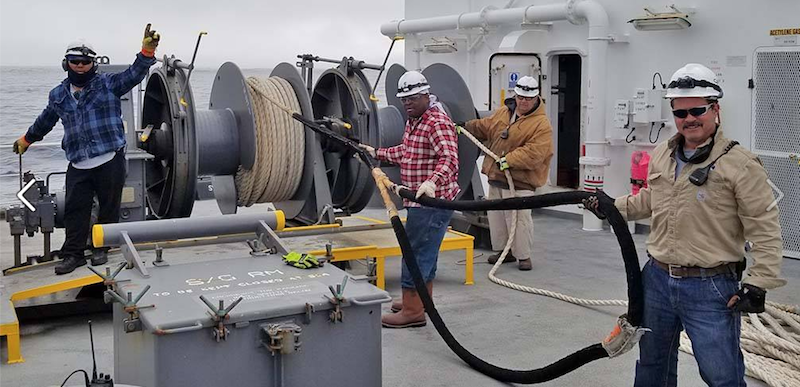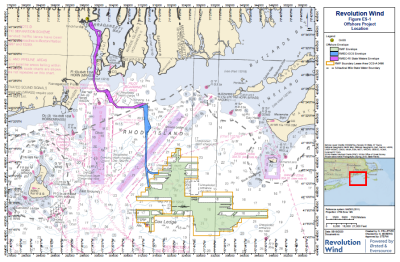Like any sector, the maritime industry is facing some new challenges amid the coronavirus pandemic. For those new to the field or considering entering it, there may be a lot of confusion surrounding these changes. What can new or soon-to-be seafarers expect of their maritime careers during the pandemic?
The uncertainty of Covid-19 casts some doubt over the immediate future of mariners and their work. At the same time, the industry is in a position to improve the situations of mariners in the years to come. It may be a challenging time to join the industry, but the future is promising for recruits.
The widespread recession brought about by Covid-19 has threatened many industries, but shipping is unlikely to crumble. Maritime shipping still accounts for roughly 90% of the transportation of traded goods globally. Even with lower international trade rates, the global economy can't survive without it.
International trade hasn't disappeared altogether, but it is declining in the face of Covid-19. If pandemic restrictions lead to broader cultural and societal shifts, this trend could continue as more countries turn away from outsourcing. If so, the maritime sector will still be essential after the pandemic, but perhaps marginally smaller.
While the industry itself may be staying afloat, not all mariners can be confident in their finances. Rising health concerns have slowed and even stopped crew changes, leaving some members stuck onboard and others onshore. Without being able to ship out, those ashore may not have a reliable source of income.
For those looking for new work because of Covid-19, the maritime industry can still be enticing. It's performing relatively well amid the pandemic and typically pays more than similar jobs onshore, given the time away from home. On the other hand, being at sea may make the work more physically and mentally taxing during the pandemic.
Crew change restrictions have left many seafarers at sea for months beyond their contracts, leading to low morale. On the positive side, the extremes of this situation could lead to positive change in the future. The push for better working conditions could lead to shorter contract lengths in the coming years.
New mariners should expect some uncertainty while working at this time. Developing information and a lack of communication are almost industry standards that may be challenging for some. At the same time, like with contract lengths, this situation could lead to reform for better systems.
Beginning a maritime career amid Covid-19 can be challenging. On top of the stresses the pandemic has brought to any job, the nature of maritime work can be particularly stressful at this time. That said, the overall outlook of the industry is mostly positive compared to others during the changes brought on by Covid-19.
In the face of the pandemic, the maritime industry will likely shift to fit new needs. These changes could create better work environments for new and veteran mariners alike. What will become of the industry after Covid-19 is still uncertain, but it will undoubtedly still be strong.
Emily Drinks is a digital content analyst who works with the Maritime Institute of Technology and Graduate Studies as an extension of their marketing team.





